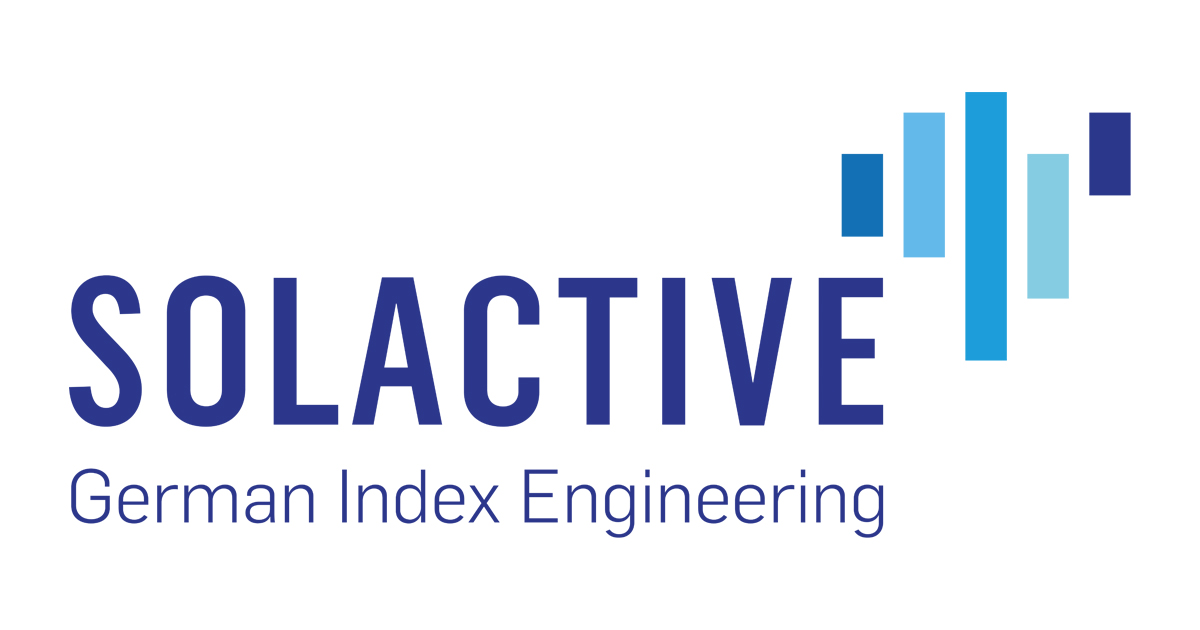Steffen Scheuble, chief executive of Solactive, has questioned why European index providers currently must been regulated under the Benchmark Regulation (BMR) while third-country providers have two more years to be ready.
Speaking on the second of ETF Stream’s webinar series, ETF Ecosystem Unwrapped, entitled Index rebalance delays: What this means for the market, Scheuble (pictured) said European index providers were currently at a disadvantage to their competitors.
BMR was introduced by the European Union in 2018 following the manipulation scandals of major interest rates benchmarks, LIBOR and EURIBOR.
However, two separate deadlines were given to index providers based in Europe which had to register by 31 December 2019 while third-country providers have until the end of 2021.
The regulation has been a contentious issue for the ecosystem with many index providers warning of the unintended consequences it could bring.
“European index providers are at a disadvantage because we are regulated already and have made significant investment into BMR-compliance,” Scheuble stressed. “However, non-EU administrators do not need to be regulated yet with any of their third country benchmarks offered in the EU.
“This would never happen in the US.”
The impact of the EU Benchmarks Regulation on the ETF industry
The Solactive CEO said BMR had been useful in providing some general guidance to index providers on how certain issues should be governed.
This, along with increased requirements to have the proper documentation in place, was where the regulation had the biggest impact.
“Similar situations should lead to similar results,” he continued. “We cannot have a different governance depending on where index providers are based or indices are issued.
“At the end of the day, it is the responsibility of the index providers to dive into the details of the index methodology but regulation can give some guidance in certain areas such as governance.”
Sign up to ETF Stream’s weekly email here



